Double Apex sat down with the managing director of Audi South Africa, Sascha Sauer for an exclusive interview regarding Audi’s electric vehicle (EV) future. We chatted about the brand’s imminent introduction of several EVs into the local market and the challenges faced by OEMs as well as the mindset shift required by owners.
Follow Double Apex on Facebook and Instagram, where we share more car content.
Double Apex: A few mainstream manufacturers (Audi, BMW, Mercedes-Benz) have announced the imminent arrival of multiple EV models in SA at approximately the same time in 2022. Has there been a rethink by the SA government regarding tax breaks and subsidies as they pertain to battery powered vehicles, which have not been made public knowledge?
Sascha Sauer: There hasn’t been a further update from NAAMSA (as the official body representing the automotive industry and the liaison with the government) on this topic. Considering that there has been progress and pre-work between NAAMSA and the Department of Trade, Industry and Competition (DTIC) in structuring a New Energy Vehicle (NEV) policy recommendations for the national government, I am hopeful that these are positive starting steps towards the support of electric mobility in South Africa.
Click here to learn about what Audi EV models are coming to SA in the short term.
DblApx: The lack of infrastructure to support EVs will be a concern to many potential buyers. What is Audi doing, if anything, to increase the network of charging points, etc to alleviate this concern?
SS: There are challenges around charging infrastructure, government support and consumer adoption and education, but none of them are insurmountable. These are challenges that all brands face in bringing an electric vehicle to the local market. Our commitment and belief in the future of the local automotive industry relies on all role-players in the value chain to actively support and progress the electric vehicle agenda in South Africa.
South Africa already has a growing public charging network infrastructure – which we should be positive about. According to one of our key EV support partners, Gridcars, there are more than 300 charging connectors (vs 4 600 fuel stations according to SAPIA) currently available at almost every 200 km along major national routes and within a 10 km radius in the three major metro areas. This is expected to improve as more players are committing and investing in additional charging stations in the South African market. Currently, major highways are equipped with DC 60 kW and AC 22 kW, some of which are being upgraded to DC 80 kW.
Audi is working within our E-tron dealer network to enable customers to utilise the dealerships as public charging locations. The first of these has already been installed in the Gauteng region. With a structured strategy to continue the roll-out over the course of the coming months among the other eight dealerships earmarked to sell the E-tron product range.
We are currently planning our efforts to support the public charging infrastructure with additional points, as additional phases to our E-tron project rollout continues into 2022.
DblApx: Do you think that the SA government should be responsible for improving facilities/infrastructure or does that burden lie completely within the scope of the OEMs and power production companies?
SS: There are two parts to this answer. The first is yes, I do believe that the government should be supporting to create a framework for the industry to transform. There are policy conversations, taxation and import scenarios that need to be addressed to enable the pricing of electric vehicles to be more affordable to the end consumer. There is commitment with the South African government recently signing the Auto Green Paper on the advancement of new energy vehicles in South Africa – so there is a strategic roadmap in place. The intention from the government is there.
On the other hand, there is also a responsibility on industry players, like NAAMSA, and OEMs like ourselves, to enable consumers to adopt electric vehicles with ease. That is why it is Audi’s approach to bring the E-tron product to market, in a significant way which in turn not only indicates our commitment and belief in the future of e-mobility but also nudges our industry and government to transform. GridCars, Rubicon and the likes of other energy providers and fuel companies are also enabling the growth of charging infrastructure.
Considering the above, the collaboration between the broader industry and government will be critical in transforming the sector, encouraging a local EV market and enabling us to meet the Paris Climate Agreement. Now we need to embrace the transformation. As a personal projection, I anticipate both ICE and EVs co-existing up until the point between 2033 and 2040.
Read our driving review of the Audi R8 SPyder V10 Performance at this link.
DblApx: SA has specific issues in terms of electricity supply issues. Will we see OEMs add power/electricity production to their portfolio as the government is slow to adapt and embrace green/sustainable forms of energy?
SS: While we are not in the business of producing energy, we are in the business of providing premium mobility to our customers. Our strategy is to ensure that we continue to serve our customer base, providing them with a variety of choices when it comes to personal, sustainable premium mobility.
At Audi, we’re not only fully committed to embracing the move towards e-mobility in South Africa by bringing in a range of electric vehicles under the E-tron name plate within the first quarter of 2022, we’re also excited about capturing imaginations and committed to changing customer perceptions towards electric vehicles in general.
Our product range is truly excellent. And as the EV segment grows from 2022 onwards, we need to be optimistic that all stakeholders will begin to play their roles in enabling the success of the e-mobility transition.
Check out a beautiful Audi S2 Quattro Coupe at this link.
DblApx: South Africans travel long distances and enjoy holiday-season road trips. Will Audi have a ‘car share’ program in place that allows EV owners to use/loan ICE cars for longer trips across the country?
SS: There is a slight mind shift that’s needed to happen when it comes to owning and driving an electric vehicle, and how this consumer actually makes use of their electric vehicle.
Firstly, let’s address the misconception about the range of an electric car. Range anxiety – the fear of an electric vehicle running out of charge unexpectedly before you arrive at the next place to plug into the grid – is listed as one of the reasons for hesitancy around local electric vehicle ownership, according to the 2021 South African EV Car Buyers Study. Of course, range anxiety isn’t just an electric vehicle problem – internal combustion engines run out of fuel too – but we’re so accustomed to seeing fuel stations on the road that it’s not something that we worry about.
At one of the more than 300 (and counting) 50 kW and 60 kW public charging stations, an Audi E-tron 50 can be fully recharged in 90 to 120 minutes. The E-tron GT and range-topping RS E-tron GT (read more here) with their respective 93 kWh battery systems can be charged from 5% to 80% in just over 30 minutes, using ultra-fast public charging infrastructure (150 kW).
There is really no need to worry about range, lack of charging support or finding yourself stranded. Just like with an internal combustion-engine vehicle, you can certainly drive an all-electric car until its “tank” is empty, but a simple shift in user behaviour is all that’s required to alleviate any such anxiety. It’s all about the mind-set and the willingness to change and transition towards this new concept of e-mobility, which should be seen as exciting and not daunting.
Secondly, one also needs to understand the full needs and expectations of a premium electric vehicle owner right now. We believe that many of our E-tron customers will not only rely on their E-tron to service their entire mobility needs – being a premium customer who enjoys a certain level of convenience prior to their EV ownership, air travel is a first choice option for long distance travel. On the other hand, they are also car enthusiasts and enjoy a varied fleet of options, suited to their travel needs. The Audi E-tron is only one of the few Audi vehicle options in their garage, so the options are varied.
Learn some cool fact about Audi’s Quattro tech and models by clicking here.
DblApx: What are your sales projections for EV sales for the very first year?
SS: Audi SA’s EV approach is not focused on a sales or volume driven strategy and as a result our volume ambitions are market related. It’s also important to note that premium electric vehicles are still a niche offering in South Africa. What’s important for us right now is to introduce and grow the image, likeability and relevance of the Audi E-tron brand.
DblApx: Audi has several high-end EVs. Does it not perhaps make more sense to introduce smaller models at more attractive price points to help buyers make the change from ICE to EV?
SS: 2021 has been a great year for the Audi brand in South Africa as we’ve introduced the freshest and youngest products on the premium market, in almost every segment. Announcing our electric vehicle range is a key part of that and we’re so excited to share more details with you on our journey over the next few months, leading up to official model introduction in quarter one next year.
From a business perspective, our aim is to make the Audi brand fit for the future, to ensure our E-tron strategy is aligned to customer expectations and market potential but that our dealer partners are also profitable within the market. It is also important that we approach things with courage, passion, perfection and fascination. This is how we will go on shaping the premium mobility of the future together.
Our intention is to grow and build the E-tron range further beyond our launch year of 2022 and with that comes possibilities around additional products, as and when the market and strategy allows for it.
DblApx: If the adoption of EVs in the SA market is slow, and Audi AG pivots completely towards EVs, will there come a time when we see Audi SA shrinking to a small-scale/boutique brand for a select few?
SS: Globally, we consider electrification, digitalisation and autonomous driving to be the key pillars for development in the coming years. By fully committing to electric models, Audi AG intends to raise the share of electric vehicles in the fleet from seven percent today to one-third in 2025 globally. Those are bold intentions but also market dependent.
In South Africa, electrification for now is not a sales or volume driven strategy but more of a brand intent and direction. Focus areas for Audi South Africa’s business will continue to be centred on ensuring that the Audi brand is fit for the future, to ensure our product strategy is aligned to customer expectations and market potential but that our dealer partners are also profitable within the market.

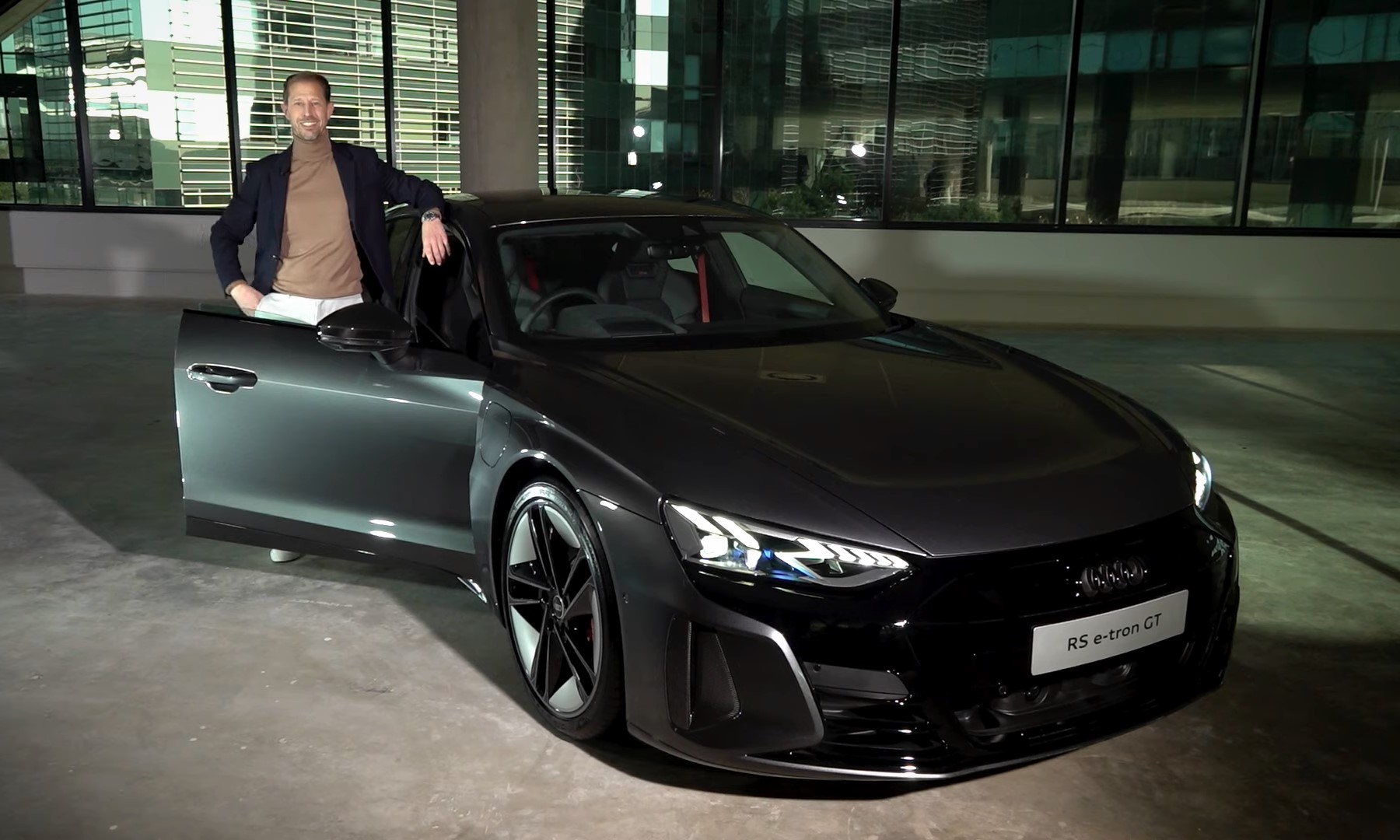
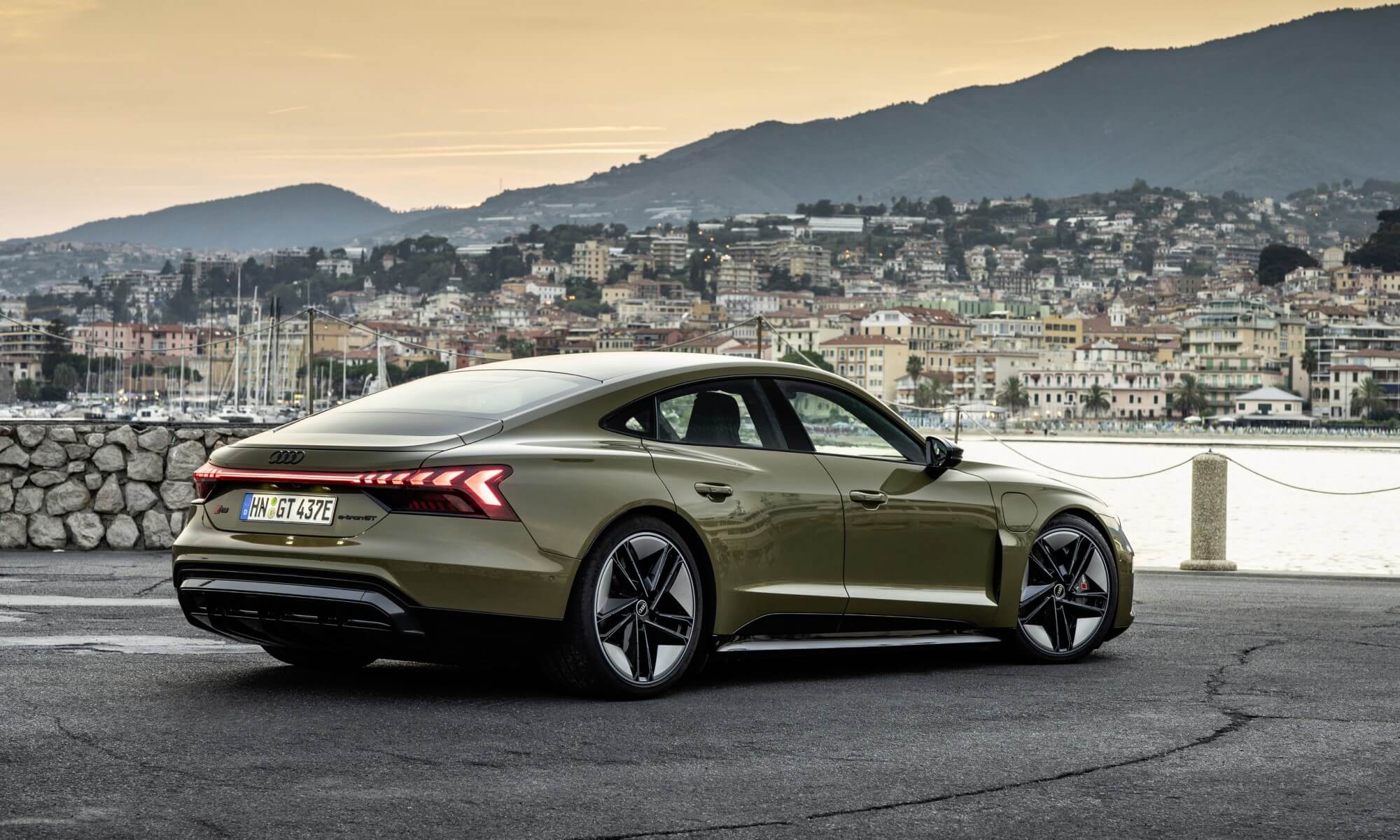
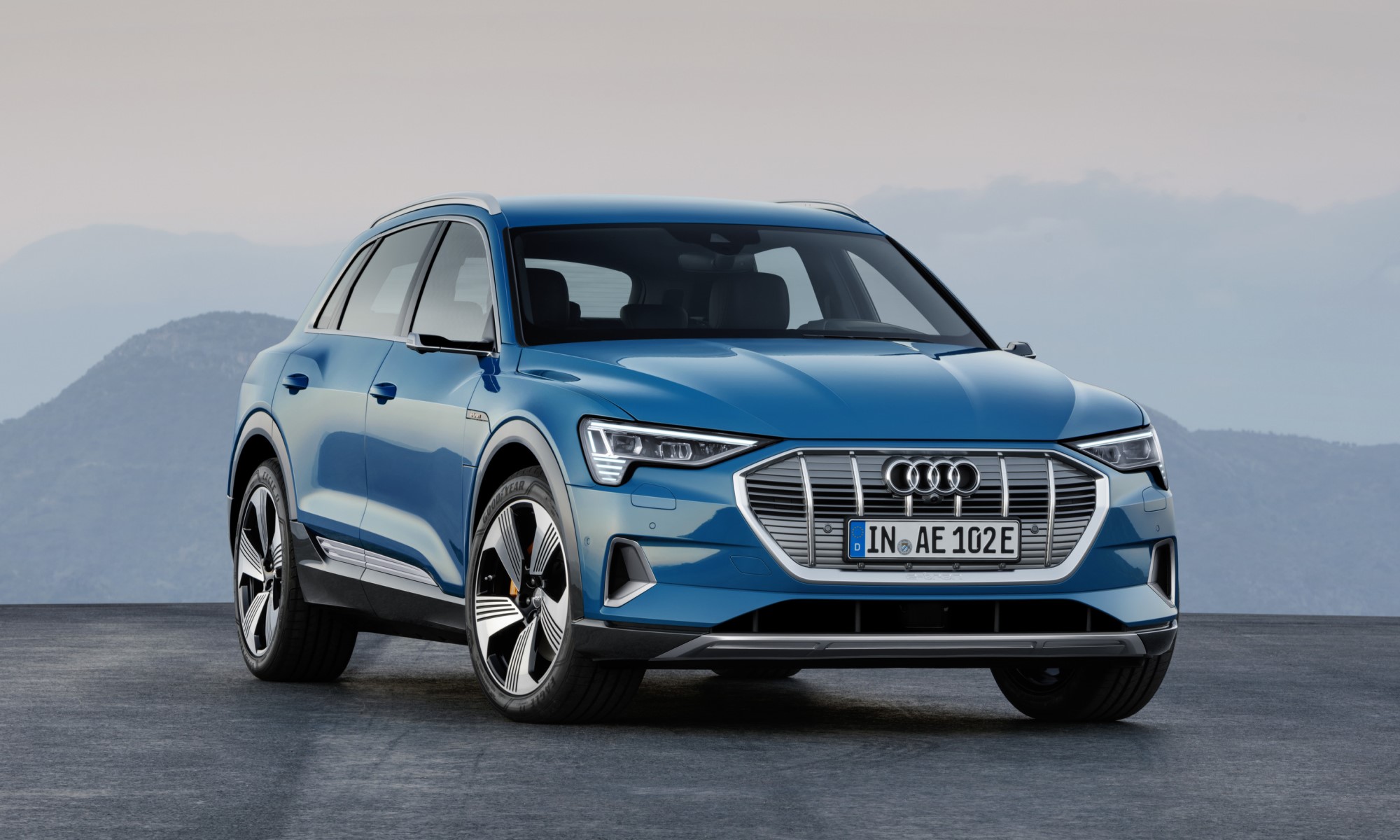
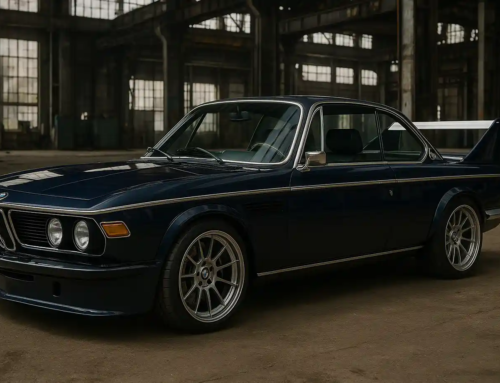
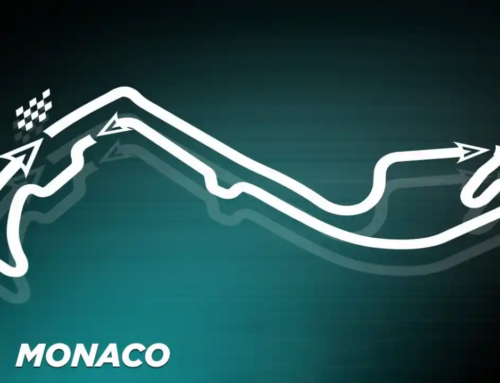

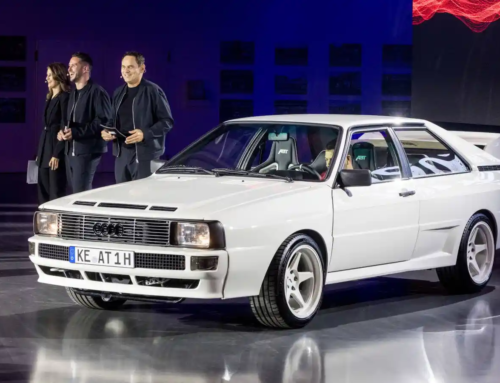
Leave A Comment